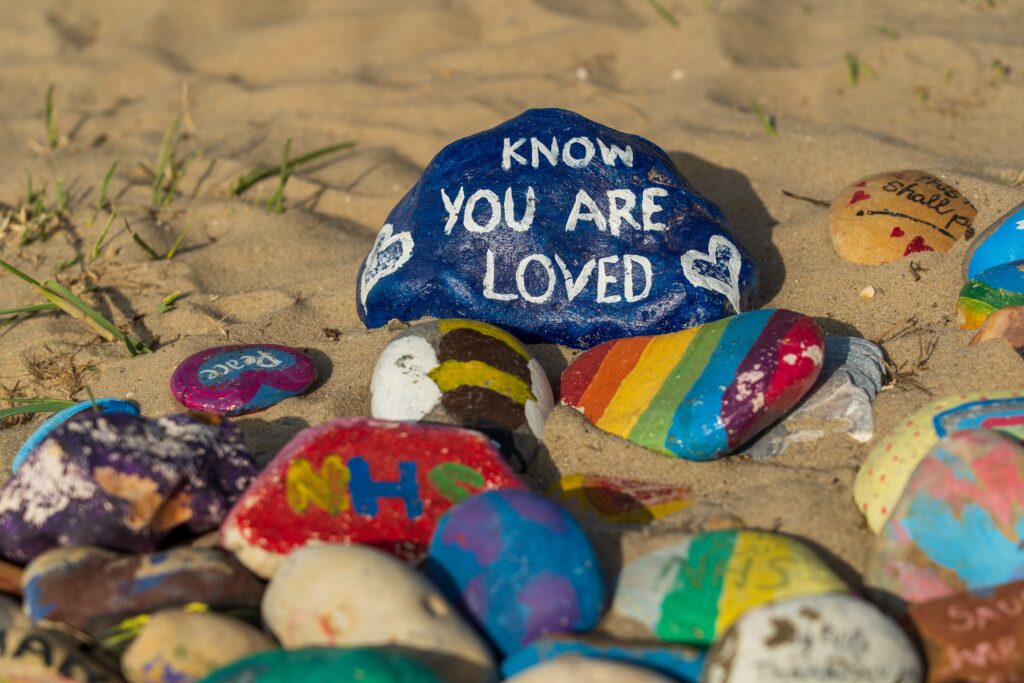
So, I have new MS lesions. I'm weaker, less stamina. A 3-days of IV SoluMedrol…
DannyDecember 29, 2016

I'm thankful for the superpower that I shared with my mother, Ruth, and son, Mike…
DannyNovember 27, 2016
When diagnosed with multiple sclerosis, I did little research. Here I was, a card carrying…
DannyNovember 20, 2016
My mom insisted on end-of-life care at home. At the same time she worried about…
DannySeptember 25, 2016
When I was diagnosed with MS, people came out of the woodwork with advice and…
DannyAugust 7, 2016
I want to be a good leader of my healthcare team. How would I know? …
DannyJanuary 31, 2016
When diagnosed 7 years ago with Multiple Sclerosis, my neurologist told me I'd had MS…
DannyOctober 11, 2015
Spread the rest of Mom's ashes with my Dad's in Grosse Pointe, MI, joined by…
DannySeptember 7, 2015


